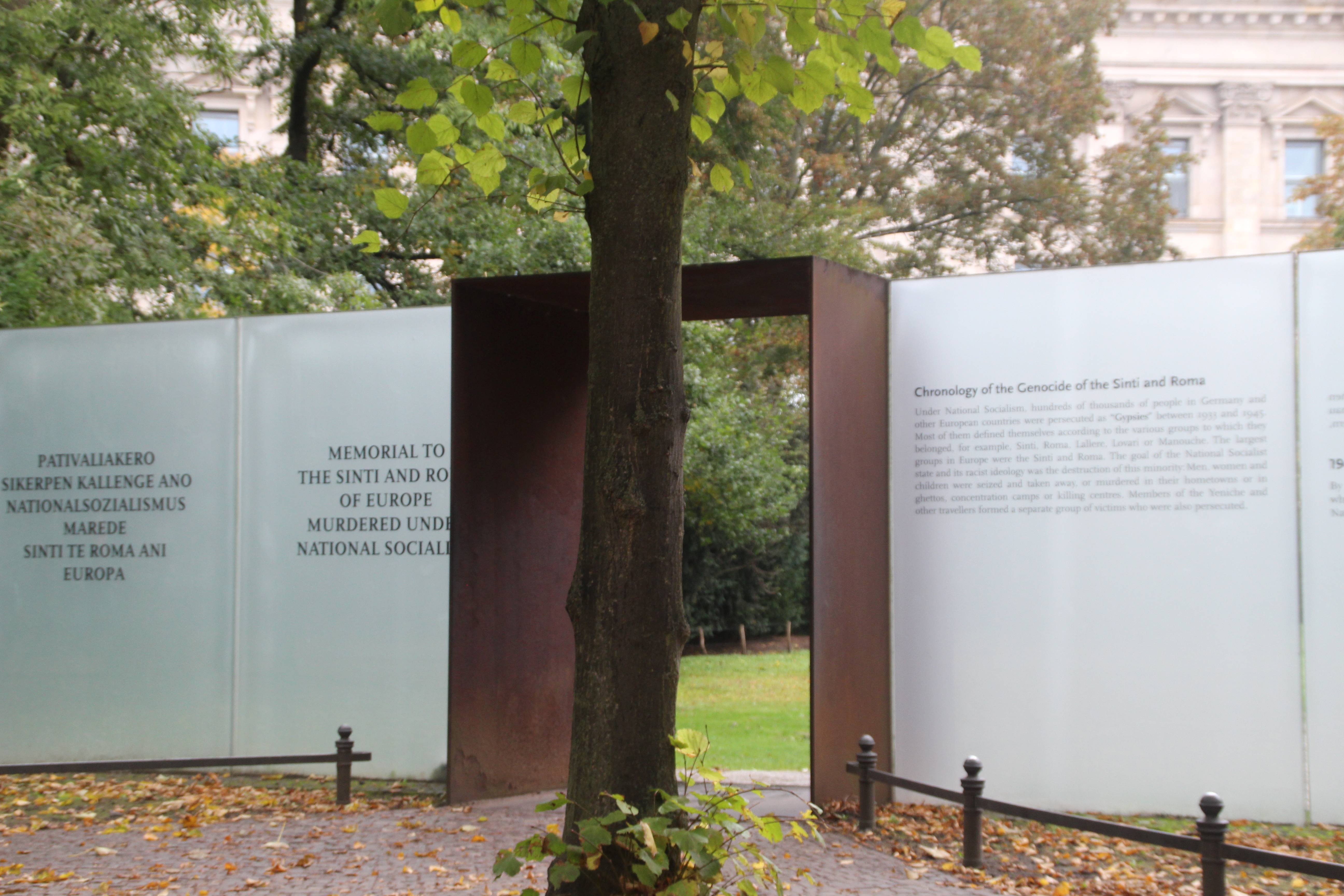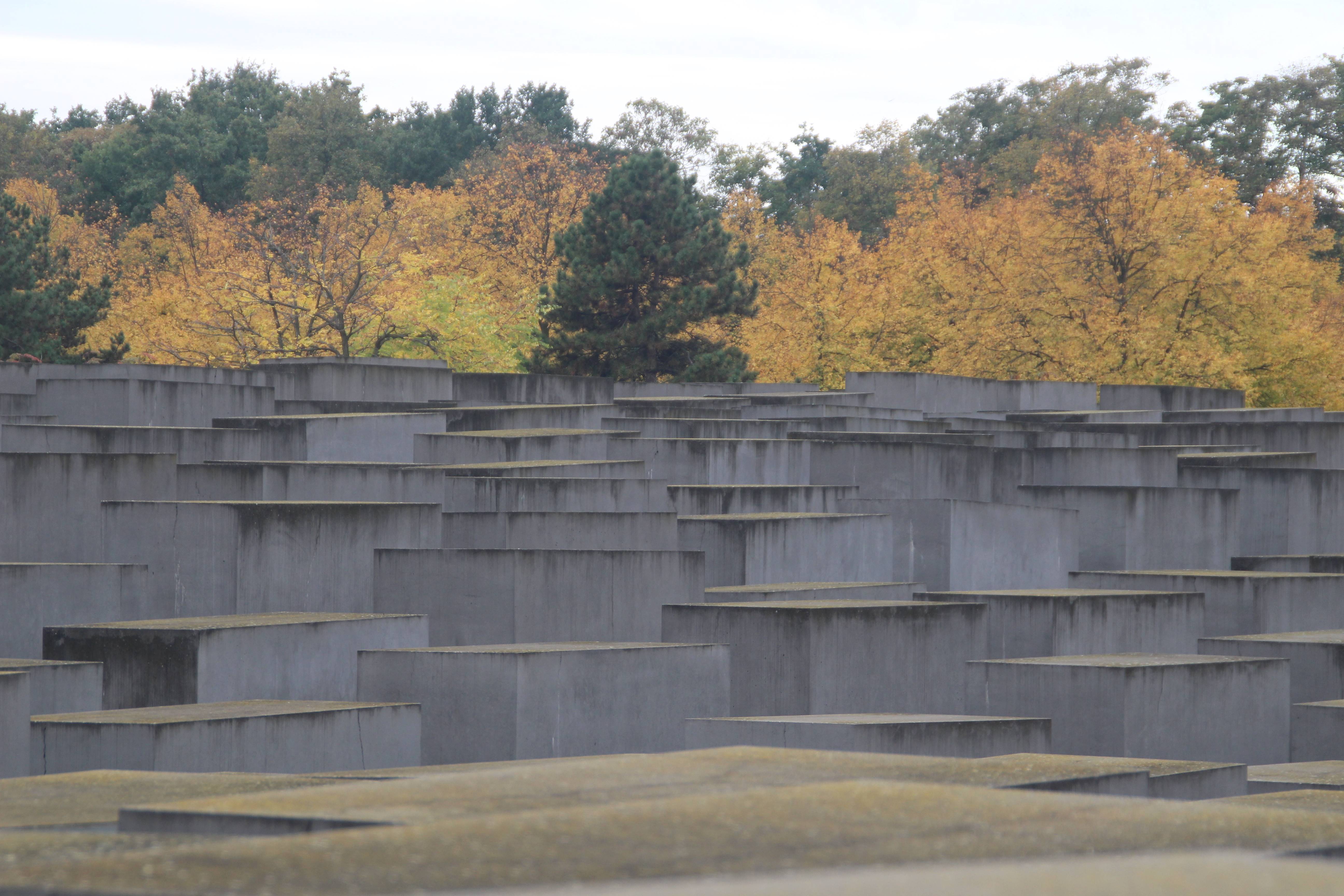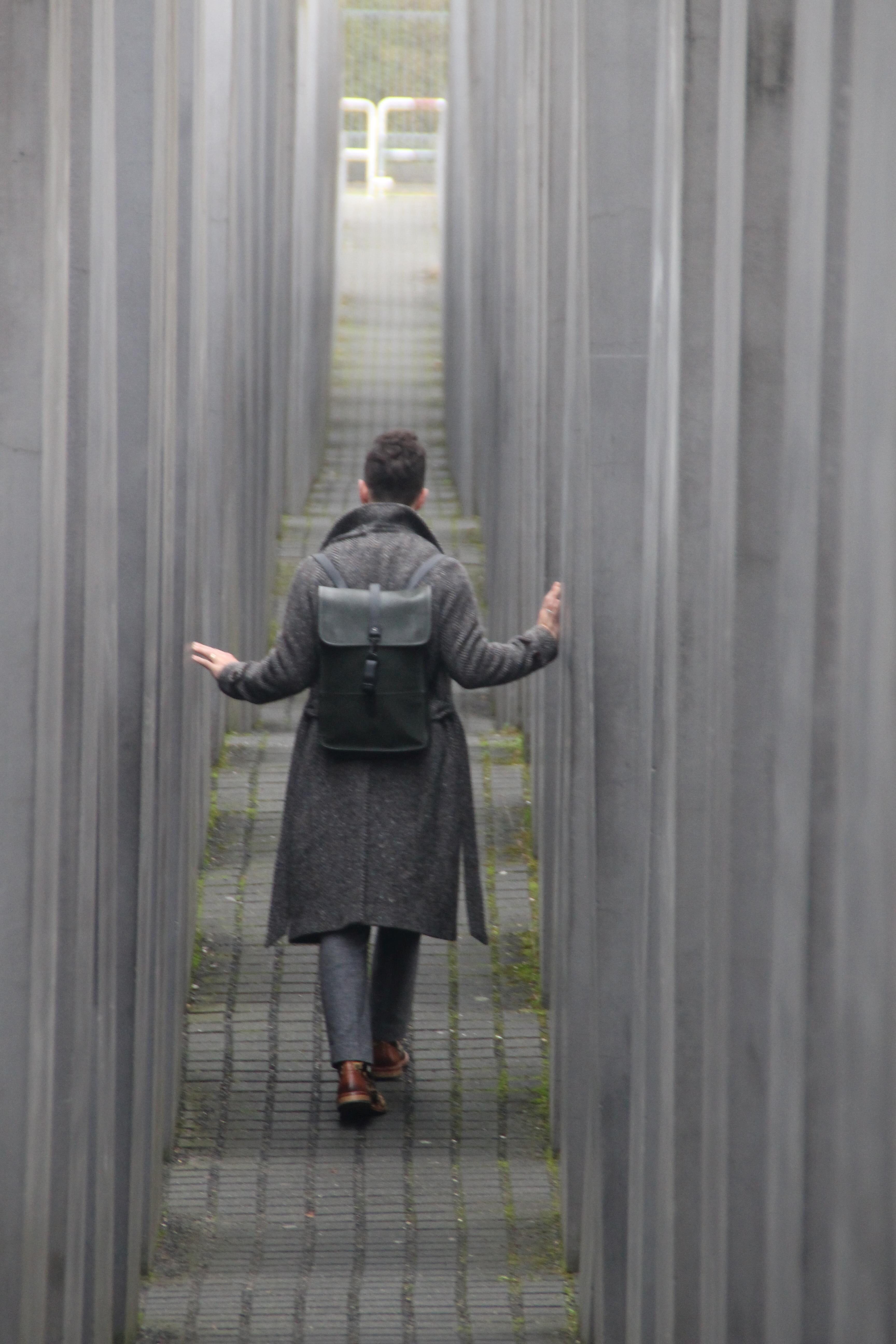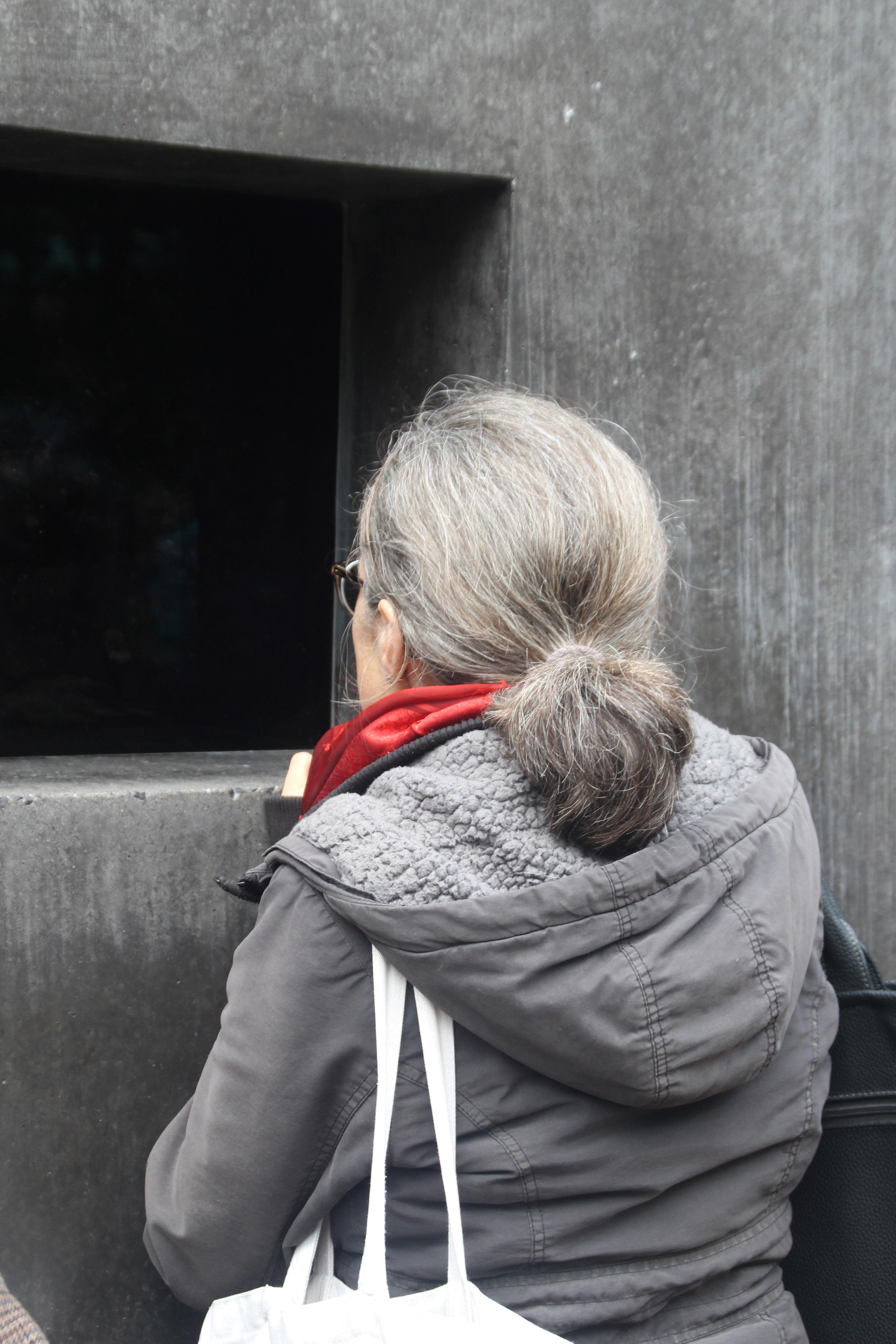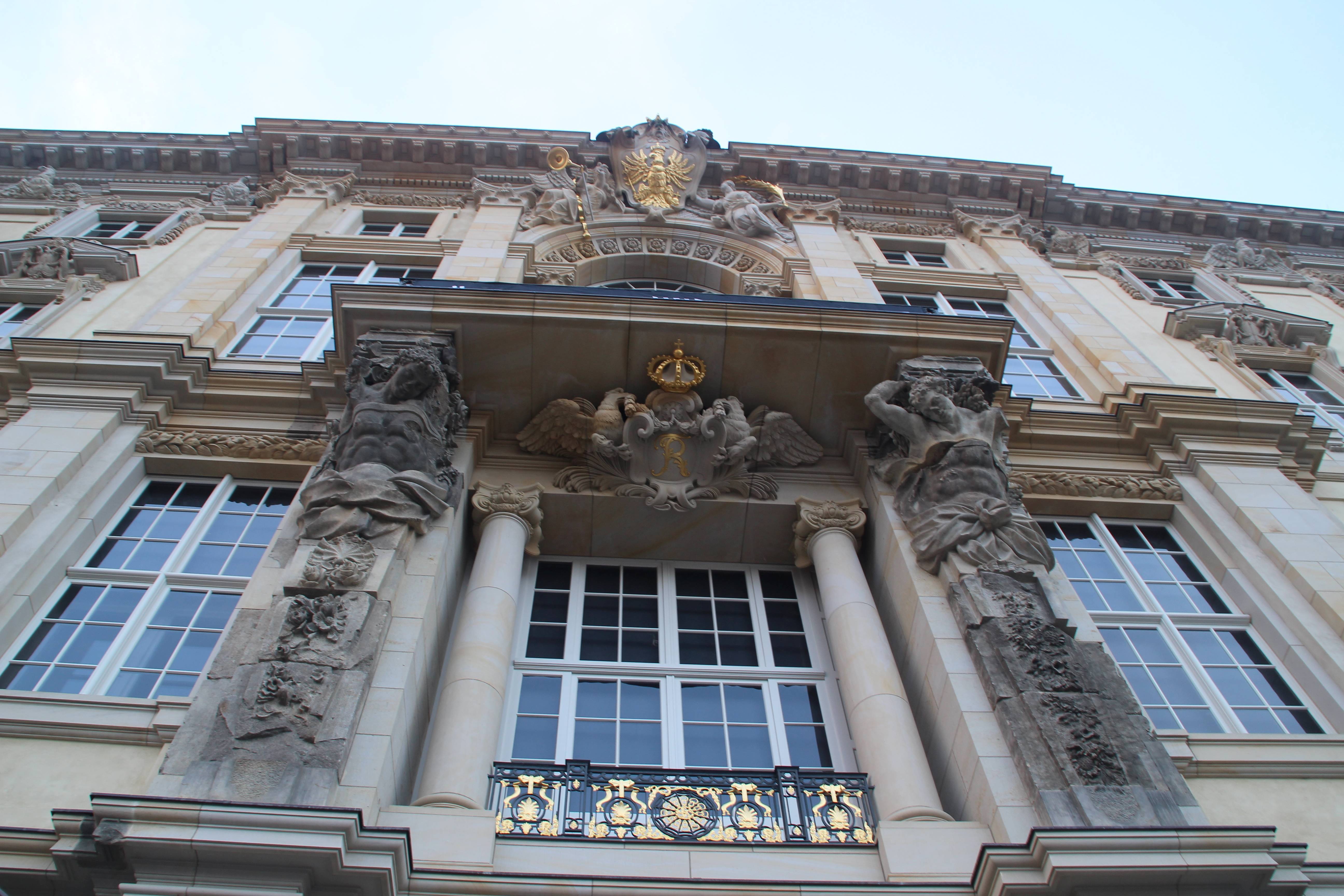FEATURE | 6 Nov 2024
An outside view on Germany's reckoning with its past
Insights from an international study trip to Berlin
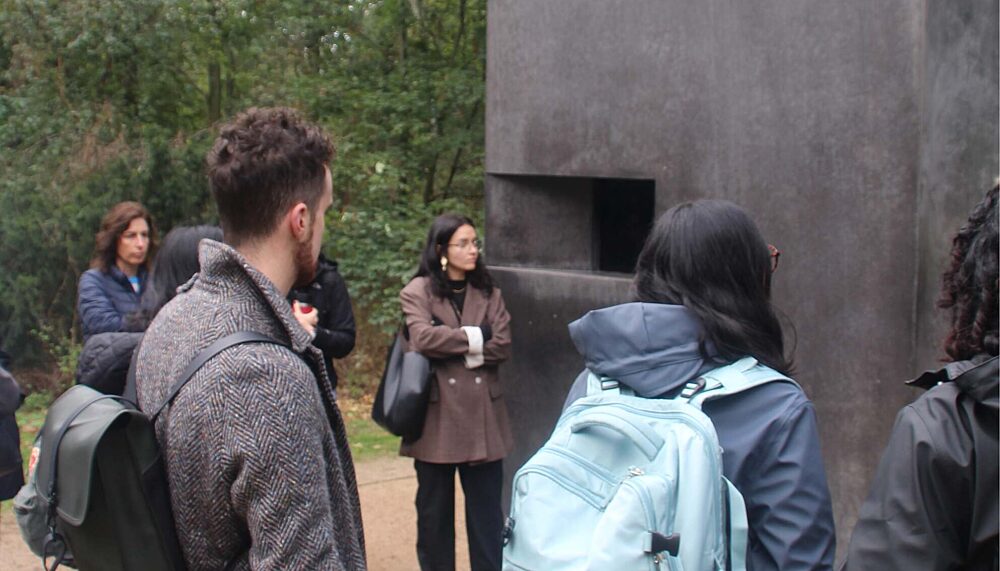
During a recent trip to Berlin, members of the Global Learning Hub for Transitional Justice and Reconciliation discussed how Germany has dealt with its violent past.
For decades, many have lauded Germany for its commitment to commemorating and learning from its violent history. This commitment to dealing with the past, or transitional justice, has been expressed in many ways, including through democratic reforms, the education system, the payment of reparations and the establishment of a dense cluster of memorials. Today, however, Germany’s image as a “world champion of remembrance” is under significant strain.
The rise of far-right and populist parties, alongside a surge in racist, antisemitic and otherwise politically motivated crimes, has exposed Germany’s shortcomings in effectively preventing the recurrence of discrimination and violence. Simultaneously, a growing awareness of the country’s colonial amnesia has sparked debates over some of its darkest chapters that had long been ignored. Germany’s response to the escalating violence in the Middle East has reignited controversies about the lessons to be learned from German history and the country’s responsibilities in relation to violent conflicts.
In reaction to this recent uncertainty over its treatment of the past, the German transitional justice debate is currently somewhere between soul-searching and navel-gazing. Largely absent from this conversation are perspectives from other contexts that are dealing with the legacies of conflict and repression. To capture these experiences, the Global Learning Hub for Transitional Justice and Reconciliation recently organised a study trip to Berlin for its members to discuss the state of transitional justice in a “post-post-conflict society”, as one of the participants described the German case.
Continuities of violence
From the Memorial to the Murdered Jews of Europe to the newly reconstructed Berlin Palace (also known as the “Humboldt Forum”), Germany’s multi-layered history is deeply inscribed into the topography of Berlin. Through guided tours and conversations with experts, the study trip offered spaces to consider Germany’s various attempts to deal with the causes and consequences of colonialism, National Socialism, and communism. Yet, participants also observed clear connecting lines between these different histories of violence. As one participant pointed out, the German case “shows the interconnectedness of different past injustices and how they relate to the present”, arguing that the past should not be seen as “separate events”.
The notion that connections can and should be drawn between the chapters of Germany’s violent past is contested. Yet, the German experience shows that failure to recognise the connections between regimes of violence allows discriminatory structures to persist. A meeting with Germany’s newly appointed Federal Commissioner for Antiziganism highlighted that the persecution of Sinti and Roma people continued long after the fall of the National Socialist dictatorship. A presentation by the Federal Ministry of Justice revealed that many National Socialist Ministry personnel continued in their positions long after the fall of the regime, a disturbing continuity that was only brought to light through the “Rosenburg Project” in 2016.
The study trip also included discussions with decolonial experts from academia and civil society, who argued that the racist, violent and at times genocidal rule of the German empire at the beginning of the twentieth century played a role in informing National Socialist ideology and methods in the subsequent decades. One participant observed that the German experience “gave a sense of how rights violations inform and spur each other over time and how efforts to address violations need to be comprehensive, coordinated, and collaborative.” Another participant remarked, “looking at this long history shows the urgency of getting to the root causes of violence”.
New voices, renewed reckoning
The study trip underscores that dealing with a violent past demands sustained effort from victims, activists, civil society, and not least the state, whose responsibility it is to guarantee the human rights underlying transitional justice. New generations and new challenges demand an ever-evolving response. A discussion with LGBTQI+ activists made clear that keeping up the quest for a more just and inclusive society over decades requires solidarity and the inclusion of new voices. This is where international dialogue and collaboration can play a crucial role. “It’s important to meet other people who are fighting for the same issues” said one participant. At a time when the success of Germany’s transitional justice effort is being revaluated, international dialogue such this study trip can offer insight and inspiration for all.
Media contact
You can reach the press team at:
+49 (0) 177 7052758
email hidden; JavaScript is required
